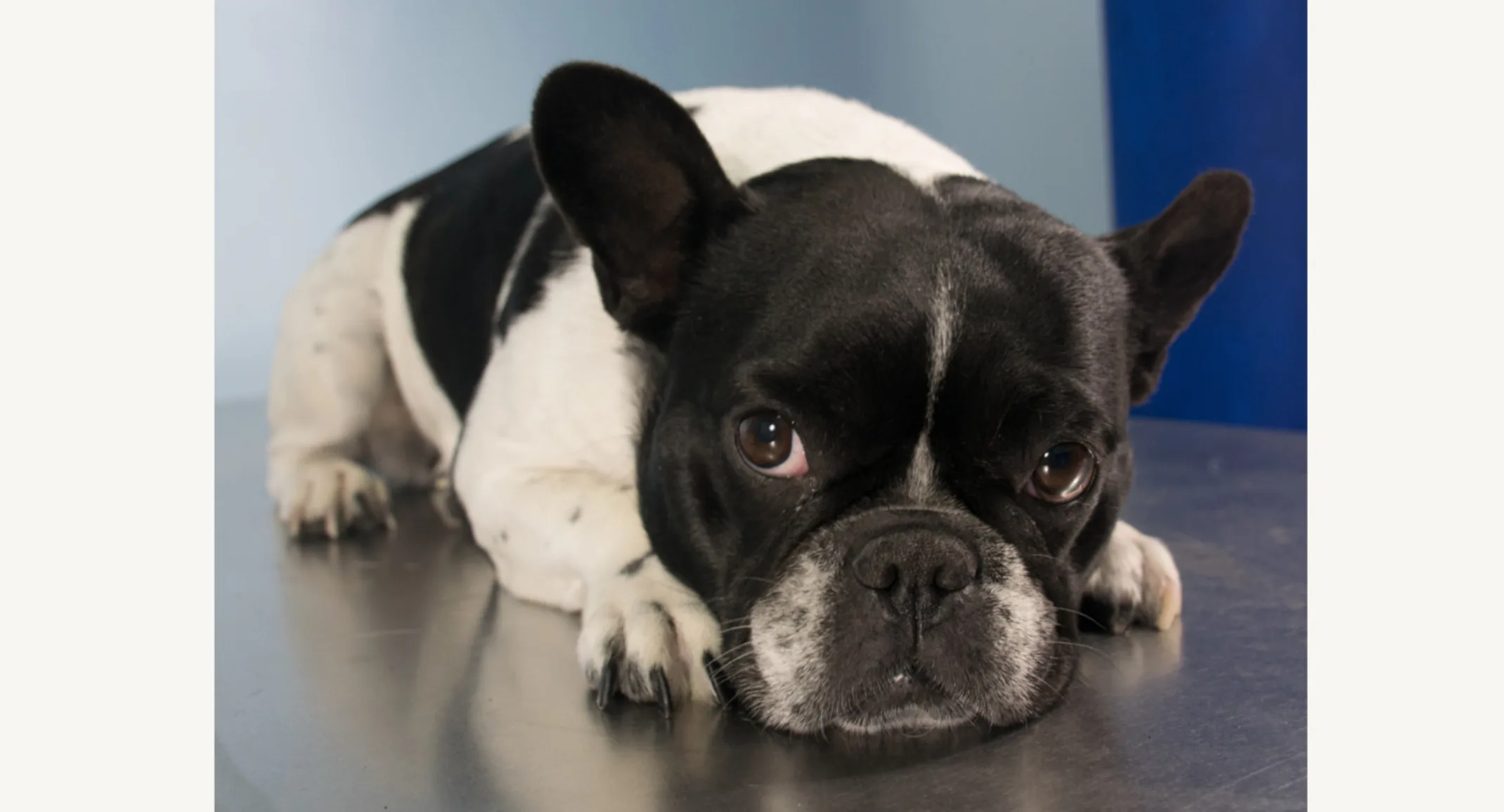Ensuring Safety and Comfort: How Port City Handles Anesthesia for Pets
May 6, 2025 · Veterinary Services

General anesthesia is necessary for many diagnostic and surgical procedures. At Port City, we understand that your pet undergoing anesthesia and surgery is stressful. Your pet’s safety is our top priority. From advanced monitoring to customized pain management, your pet is in skilled hands every step of the way.
What Happens When Your Pet Comes in for Anesthesia
Each anesthetic plan is tailored to the individual patient. Your pet’s primary doctor will perform a physical exam. Depending on your pet’s age, health status, and the procedure being performed, additional pre-anesthetic diagnostics might be pursued including blood work, additional imaging, or cardiac work ups. All of this information will then be compiled to create an anesthetic plan that induces and maintains unconsciousness, provides muscle relaxation, prevents pain and ensures patient safety. Your pet is then assigned to an experienced veterinary technician dedicated to your pet’s anesthetic care, monitoring and recovery.
At Port City, Dr Ella Pittman, board certified veterinary anesthesiologist, works with the entire team to provide highest quality care to patients undergoing anesthesia. A veterinary anesthesiologist is a veterinarian who completed a three-year residency in anesthesia and pain management following veterinary school and passed an intensive competency examination to become a Diplomate of the American College of Veterinary Anesthesia and Analgesia. She is the only veterinary anesthesiologist in the greater NH seacoast. She has extensive experience anesthetizing patients with a variety of diseases and co-morbidities including cardiovascular, pulmonary, liver, and kidney disease, endocrine disorders, trauma, and neurological issues. Dr Pittman also oversees anesthesia training within the hospital so that your pet receives excellent care no matter when your pet is anesthetized.
How We Minimize Risk
Equipment check outs and time outs – similar to human medicine, our equipment is evaluated and tested prior to every anesthetic. We also perform ‘time outs’ to confirm correct patient, correct procedure, and correct size so that everyone is on the same page.
Team communication – For patients with health concerns or undergoing significant procedures, discussion of anticipated complications and mitigation strategies always occurs between the primary clinician and anesthetist
Individualized, multimodal anesthetic protocols – not only are the medications and drug doses chosen for each patient, we utilize locoregional techniques such as nerve blocks and epidurals to reduce the amount of anesthesia needed
Constant monitoring – during anesthesia, we continuously monitor your pet’s vital signs including heart rate, respiratory rate, blood pressure, oxygen levels, temperature and ventilation. Our team detects changes in real-time and responds immediately.
Pain Management – we use a combination of pre-operative, intraoperative, and post operative pain medications and techniques to keep your pet as comfortable as possible.
Recovery – once a procedure has ended, recovery from anesthesia is closely supervised so that your pet wakes up safely, calmly, and comfortable. Assessment continues following extubation, ensuring any problems are observed and addressed quickly.
Common Procedures Requiring Anesthesia
Orthopedic, soft tissue, neurological, and ophthalmic procedures
Advanced imaging (MRI, CT)
Minimally invasive procedures including endoscopy
Addressing Your Concerns
It’s natural to worry about anesthesia, especially in very young or very old patients and those with chronic health conditions. Knowing what to expect and the individualized care provided to each case often helps ease concerns. When questions or concerns arise, there is collaboration with specialists in Internal Medicine, Cardiology, Neurology, Critical Care, Oncology, and other services. Our goal is to keep you fully informed and confident in the care your pet receives. If you have questions about anesthesia for your pet, speak to your pet’s primary doctor or you can schedule a call with Dr. Pittman.
